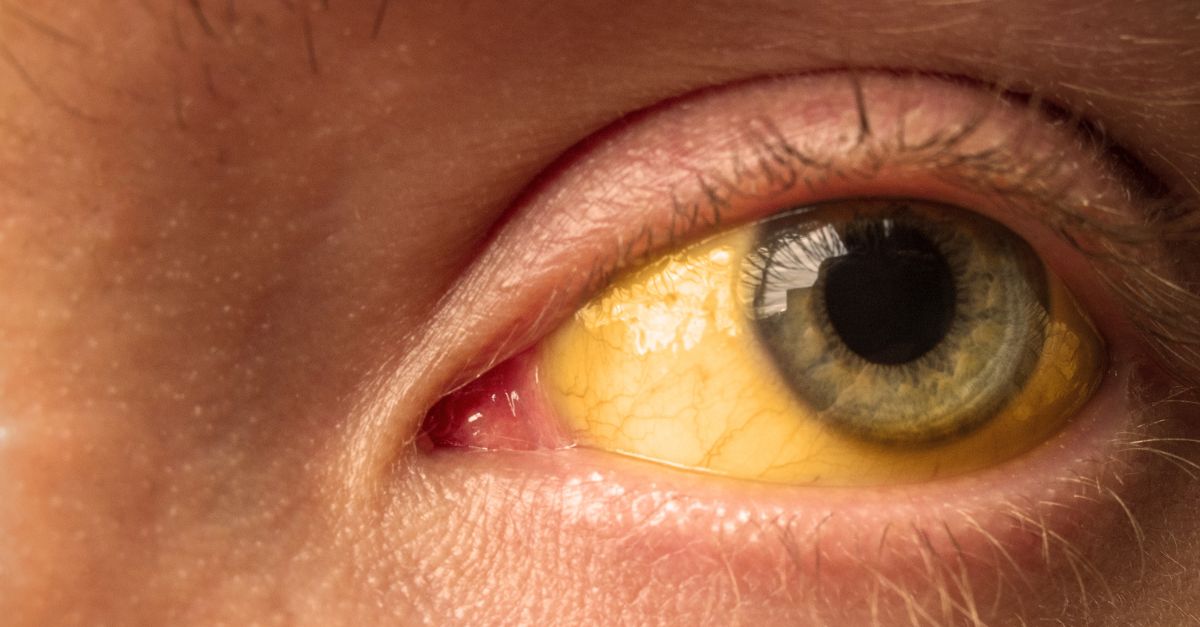Most people have heard of Hepatitis C but still lack the information needed to diagnose and treat this debilitating condition. Affecting the liver this disease can cause detrimental affects to the body when left untreated for too long. To view the early warning signs most people ignore with Hepatitis C and treatments available start an online search now.
What Exactly is Hepatitis C?
Hepatitis C is a type of viral infection that affects the liver. The word “hepatitis” means inflammation of the liver, and the letter “C” refers to the specific virus that causes this form of hepatitis. When someone has it, the virus attacks the liver cells and causes swelling and damage over time.1
Who is Most Affected Of This Condition?
Anyone can get hepatitis C, but certain groups of people are more at risk. People who have received blood transfusions before the year 1992, have used injected drugs, or have engaged in unprotected sex with multiple partners are more likely to be affected. Additionally, healthcare workers who have been accidentally exposed to infected blood or needles are also at risk.
What Are The Causes of Hepatitis C?
The viral infection is caused by a virus called the hepatitis C virus (HCV).2 The most common way people contract the virus is through contact with infected blood. This can happen if you share needles while using drugs, get a tattoo or body piercing with unsterilized equipment, or receive a blood transfusion from an infected donor. In rare cases, the virus can be transmitted through sexual contact or from a mother to her baby during childbirth.
What Are the Symptoms?
One challenging aspect of hepatitis C is that many people do not experience any symptoms for years or even decades after being infected. This is why it’s often referred to as a “silent” disease. However, when symptoms do occur, they may include fatigue, jaundice (yellowing of the skin and eyes), abdominal pain, dark urine, and clay-colored stools. If you notice any of these symptoms, it’s essential to see a healthcare provider for a proper diagnosis.
How is Hepatitis C Diagnosed?
If you suspect you might have hepatitis C, your healthcare provider can perform a blood test to check for the presence of HCV antibodies. These antibodies indicate whether you have been exposed to the virus. If the test comes back positive, further tests will be conducted to determine the extent of the infection and the best treatment plan.
What Treatment Options Are Available?
The good news is it is treatable, and many people can be cured of the infection.3 The treatment usually involves antiviral medications that target the virus and help the body clear it. The specific medication and duration of treatment depend on various factors, such as the genotype of the virus and the overall health of the patient.
It’s important to remember that early detection and treatment offer the best chances of a successful outcome. If left untreated, hepatitis C can lead to severe liver damage, cirrhosis (scarring of the liver), and even liver cancer. Therefore, if you are diagnosed with hepatitis C, it’s crucial to follow your healthcare provider’s recommendations and take the prescribed medications as directed.
Preventing Hepatitis C
Prevention plays a significant role in reducing the spread. Here are some essential steps you can take to protect yourself:
- Avoid sharing needles or other drug paraphernalia if you use drugs. If you’re struggling with substance abuse, seek help from a healthcare professional or a support group.
- Practice safe sex by using condoms, especially if you have multiple partners.
Ensure that any tattoo or body piercing you get is done with sterile equipment. - Be cautious when handling sharp objects, such as needles, and dispose of them safely.
- If you are a healthcare worker, always adhere to universal precautions, including proper handling and disposal of needles and other medical equipment.
- If you are planning to undergo any medical or dental procedures, make sure the equipment is properly sterilized.
Living with Hepatitis C
If you have been diagnosed, it’s important to take care of your liver and overall health. Here are some steps you can take:
- Maintain a healthy lifestyle: Eat a balanced diet, exercise regularly, and avoid excessive alcohol consumption. Alcohol can accelerate liver damage in people with hepatitis C.
- Get vaccinated: Make sure you are up to date with vaccines for hepatitis A and B. Having multiple forms of hepatitis can worsen liver damage.
- Practice safe habits: Avoid sharing personal items such as toothbrushes or razors, as they may come into contact with infected blood.
- Regular check-ups: Stay in touch with your healthcare provider and schedule regular check-ups to monitor your liver health and the effectiveness of your treatment, if applicable.
- Seek support: Living with hepatitis C can be challenging, emotionally and physically. Reach out to support groups, counseling services, or organizations specializing in liver diseases to connect with others who may share similar experiences.
Find The Right Treatments Today
Hepatitis C is a viral infection that affects the liver, but with timely diagnosis and treatment, it can be managed and cured.4 Understanding the risk factors, practicing prevention measures, and seeking medical attention if you suspect you may have hepatitis C are crucial steps towards maintaining your liver health. By staying informed and taking necessary precautions, you can protect yourself and others from this potentially serious disease. To see the causes and available treatments for Hepatitis C, start an online search today.
References:





